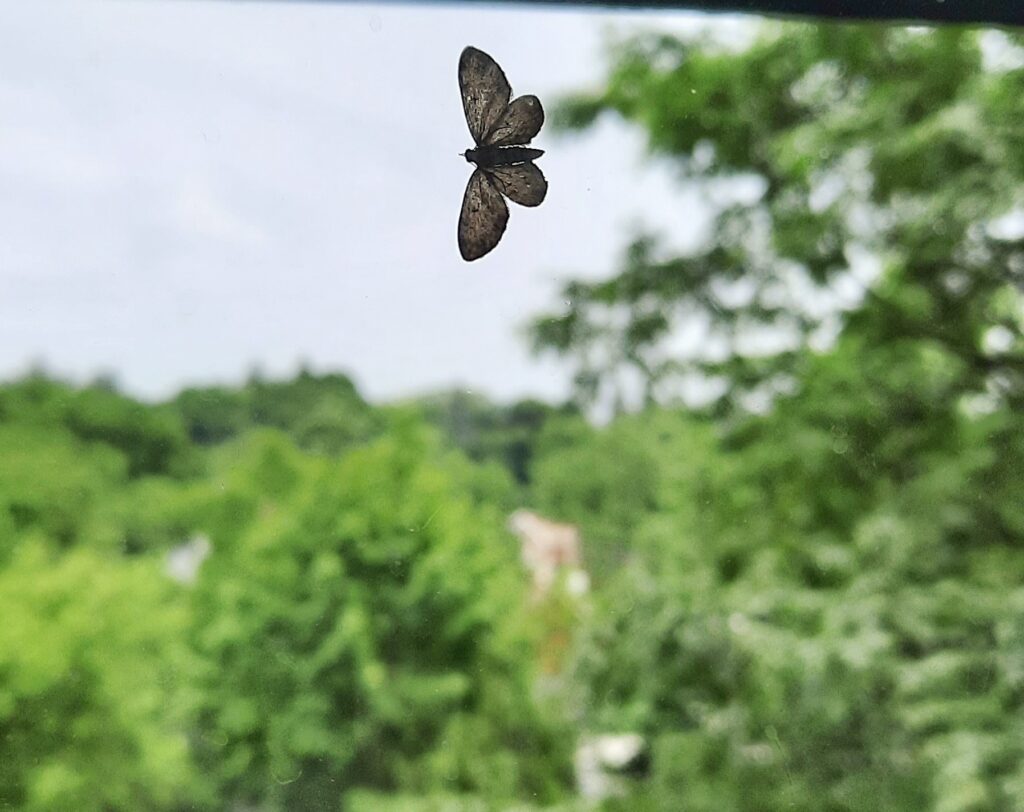Part of a series on ways to survive this dystopian nightmare
According to neuroscience, free will is an illusion (Heisenberg 164), and those interested in preserving this notion argue that we can instead consider it a social construct (Feldman; Then & Now). This suggests it simply feels like we have free will, when in actuality, we are operating under a sort of probabilistic determinism. This feeling of free will is what Sartre describes in Nausea (Sartre 362), however, he summarizes the point nicely in Being and Nothingness as well: “nausea… is not knowledge; it is the non-thetic apprehension of the contingency which he is” (Sartre 366). By non-thetic, he is referring to one’s visceral, immediate experiences that conscious awareness can later reflect on. In a nutshell, the awareness of life’s fragility emerges from sickness at the thought of just how easy it is to terminate one’s existence in certain situations, like walking close to a steep drop or cliff side (Sartre 56). These bodily reactions indicate some degree of significance to possible courses of action, where their perceived reality influences how decisions are made. Our belief in free will enables us to act responsibly by motivating us toward some action or goal, and this belief is beneficial for self-esteem and personal growth.
From an objective or third-person perspective, reality likely operates under a probabilistic determinism, where events and decisions are roughly predetermined as an outcome of prior circumstances. To some, this determinism should be welcomed with open arms, as it frees individuals from over-focusing on their decisions and futures. This generally applies to those in industrialized societies with individualistic attitudes, as it may alleviate some of the emotional burden people face as they try to navigate such a complex and threatening world. That said, letting go of one’s need for control or fear of losing it must be met with balance, since passively relying on external factors for guiding action is likely going to lead to depression. Without an intrinsic drive and a goal, introduced by belief in free will, it becomes too easy to stagnate and fall into hedonistic patterns of living. Belief in free will introduces a beneficial responsibility for perspective and action.
In this case, and probably most, the cognitive dissonance that arises from this supposed paradox is a feature and not a bug. Believing in free will while knowing some alternative reflects objective reality creates a contradiction to be resolved, serving as an engine to drive reasoning. Equilibrium indicates a body at rest is not engaged in activity, and mentally, without a mismatch of some kind, there is no activity to fuel mental operations. When encountering paradoxes, they should act as cues to orient one’s perspective and consider things from a new point of view.
Because life is inherently lived from the first-person perspective, and because humans are able to reflect on the world from an abstracted, third-person perspective, we are able to choose different strategies based on the circumstances and their contextual factors. We can know one thing while simultaneously respecting the significance of an alternative idea, based on what is felt rather than as suggested by empirical consensus. To state that free will is an illusion is to suggest the subject matter of phenomenology is an illusion, and when we consider how effective these perceptions are for getting stuff done, I don’t know that the word truly applies. The pond in the distance is either water or a mirage based on whether you are able to approach the water, where the brain receives additional information to determine its reality. Biological organisms react to changes in the environment to mitigate their actions to ensure their survival, and therefore, subjective perceptions reflect aspects of the external world. Therefore, free will is not really an illusion because one’s choices and actions still impact others for better or for worse, even if they were likely to perform that action anyway. An individual is still the physical source of some action and must therefore take responsibility for their consequences.
Be the self-fulfilling prophecy you want to be. As probabilistic in nature, rather than fixed or logically necessary, determinism is still speculative and as predictions still have yet to obtain. In each moment, you have the capacity to do what you think is best for yourself and others.
Update (Aug 6):
Ultimately, however, it’s not up to you but that’s a good thing because we are all learning and growing.

Works Cited
Feldman, Gilad. ‘Making Sense of Agency: Belief in Free Will as a Unique and Important Construct’. Social and Personality Psychology Compass, vol. 11, no. 1, 2017, p. e12293. Wiley Online Library, https://doi.org/10.1111/spc3.12293.
Heisenberg, Martin. ‘Is Free Will an Illusion?’ Nature, vol. 459, no. 7244, 7244, May 2009, pp. 164–65. www-nature-com.subzero.lib.uoguelph.ca, https://doi.org/10.1038/459164a.
Sartre, Paul-Jean. Being and Nothingness: An Essay on Phenomenological Ontology. Translated by Hazel E. Barnes, 2nd ed., Routledge, 2015, https://doi.org/10.4324/9780203827123.
Then & Now. Free Will Is Political. 2022. YouTube, https://www.youtube.com/watch?v=N5wFFRBBG7M.